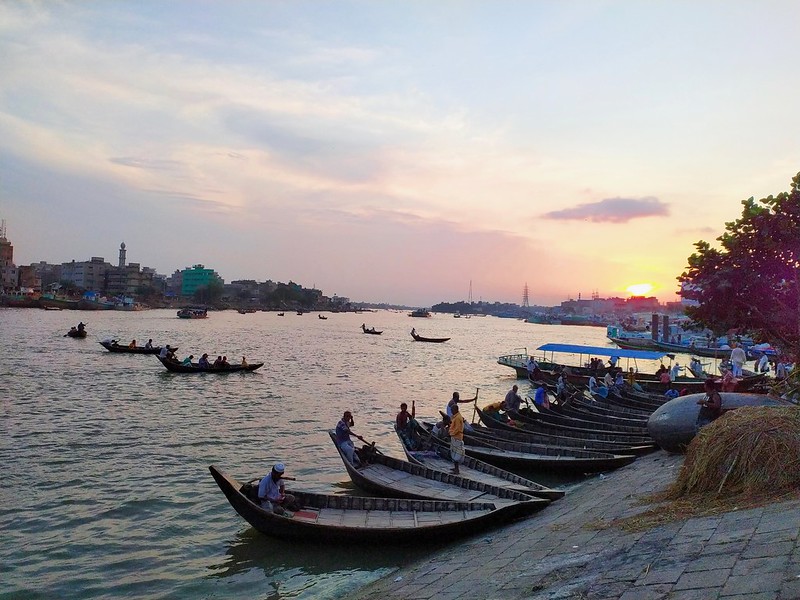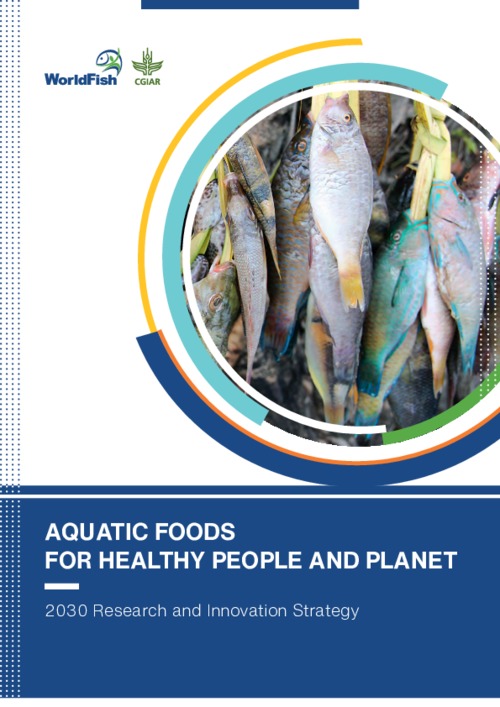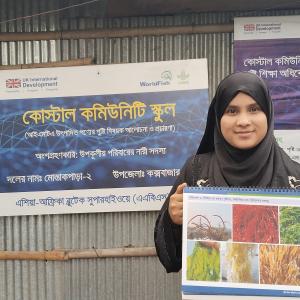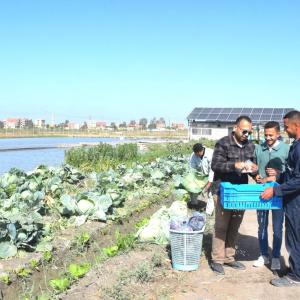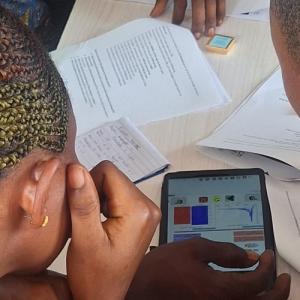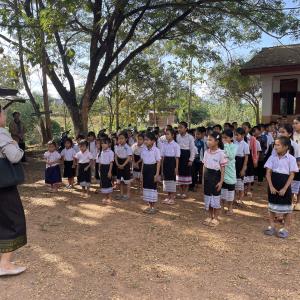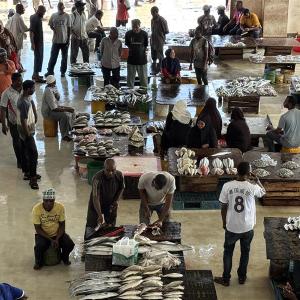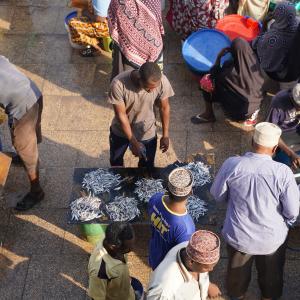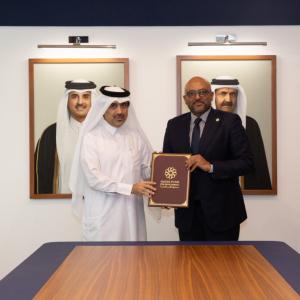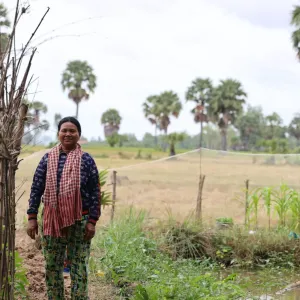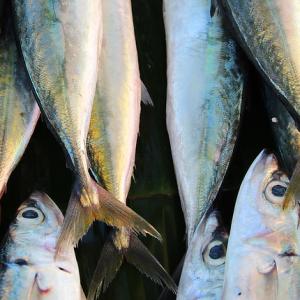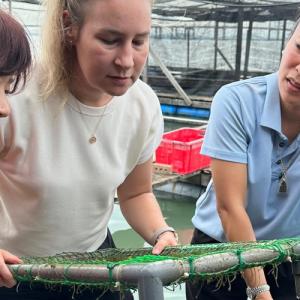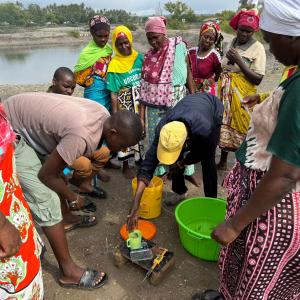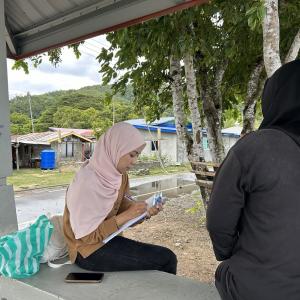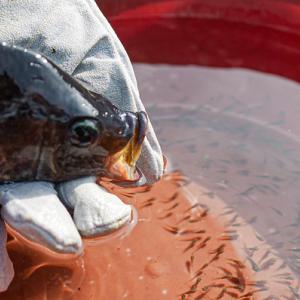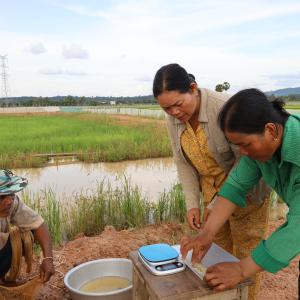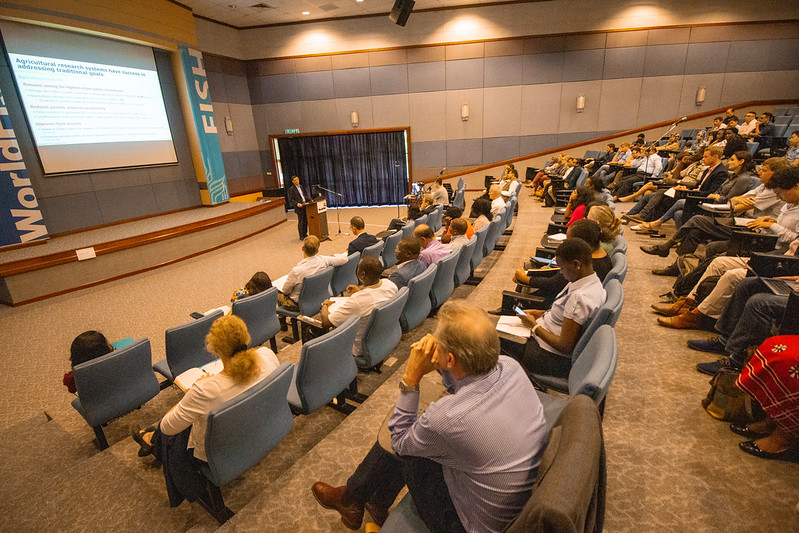WorldFish is a leading international research organization working to improve food security, nutrition, and livelihoods through aquatic food systems that are sustainable, equitable, and inclusive.
It collaborates with international, regional, and national partners to enable the delivery of transformative innovations, tools, and practices to advance aquatic food systems through its cutting edge research, evidence for policymaking, and knowledge co-creation.
With a global presence in 27 countries across Asia, Africa, and the Pacific, and growing, WorldFish has established itself as a global leader in research and innovation in the realm of sustainable aquaculture and fisheries...
Our vision
An inclusive world of healthy, well-nourished people and a sustainable blue planet, now and in the future.
Our mission
To end hunger and advance sustainable development by 2030 through science and innovation to transform food, land and water systems with aquatic foods for healthier people and planet.
Our Strategy
We provide holistic thinking and scientific evidence to transform aquatic food systems for healthy people and the planet.
17 percent of all animal protein eaten comes from aquatic foods. They are also, bite for bite, among the best sources of micronutrients – the vitamins and minerals essential for health and wellbeing. The naturally low carbon footprint of aquatic foods also adds resilience to communities faced with the rising impacts of climate change.
Aquatic foods are produced and caught with many different technologies and at many different scales – from household ponds and small-scale fishers to global trawler fleets that roam the oceans. Our strategy seeks to transform food systems to ensure equitable and sustainable access to food from water.
Equity is important locally, so that women, young people and other marginalized groups are not deprived of the opportunity to use aquatic foods to enhance their health, wellbeing and economic lives. Global equity is equally important, so that low- and middle-income countries are able to use aquatic foods to develop their economies and support their people.
EXPLORE OUR STRATEGY
Our LEAD values
We recognize that our scientific work and impact in the world is enhanced when we bring together a diversity of backgrounds, skills, disciplines, talents and partnerships that inform the way we work and shape our organizational culture and workplace, as well as our aspiration to be a global thought leader.
Learn
We are relentlessly curious and seek to learn from challenges and from others. We embrace discovery, adaptation and growth. We rely on data and evidence to deepen our understanding, make the best decisions and drive bold innovation.
Excellence
Science of the highest quality and professional standards is the foundation for all we do. We actively partner with others who share our passion for excellence and impact.
Accountability
We take ownership of our work and promptly correct mistakes to the greatest extent possible. We honor our commitments to partners and to each other. We measure ourselves against the highest standards of integrity and fiscal responsibility, and we are open and transparent in communicating our results.
Diversity
We recognize it takes people with different ideas, talents, disciplines and backgrounds to make our work stand out. We encourage differing perspectives, healthy debate and an inclusive environment for all, and at every level, to create solutions to complex problems.
Our History
We have come a long way from our origin as a fisheries research center at the University of Hawaii, established in 1975. We are a global research and innovation institution whose contributions to the sustainable development of fisheries and aquaculture in low- and middle-income countries are internationally recognized.
Our work has enhanced the lives of millions, providing evidence-based solutions for sustainable fisheries and aquaculture, climate mitigation and adaptation, biodiversity, nutrition and public health.
CGIAR
WorldFish is a part of One CGIAR, the world’s largest agricultural innovation network.
Our joint mission in One CGIAR is to “end hunger by 2030 through science to transform food, land and water systems under threat of climate change.”
We have a unique research mandate: the role and contributions of aquatic food systems to the 2030 Sustainable Development Goals (SDGs).
Our contribution to the Sustainable
Development Goals
Food influences all 17 of the SDGs. That’s why our research commits us to a food systems approach, seeing food from water as only one part of the complex web that binds production to consumption.
Our main target is SDG 2: Zero Hunger, although we also pay special attention to SDG 14: Life Below Water. Our main focus on these two goals will enable us to contribute to many other SDGs.
Aquatic foods and their sustainable and equitable use have a part to play in each of the goals below.













